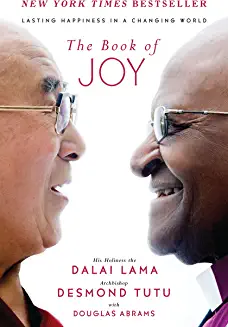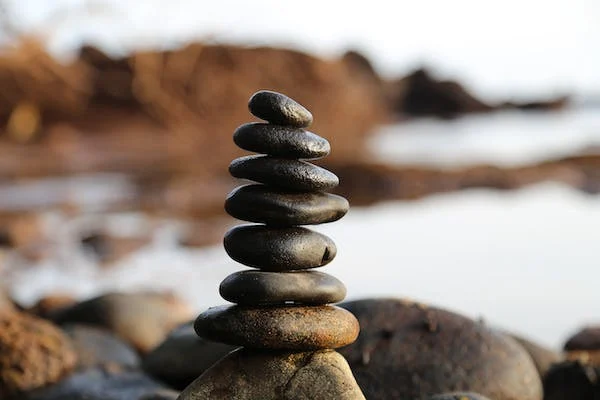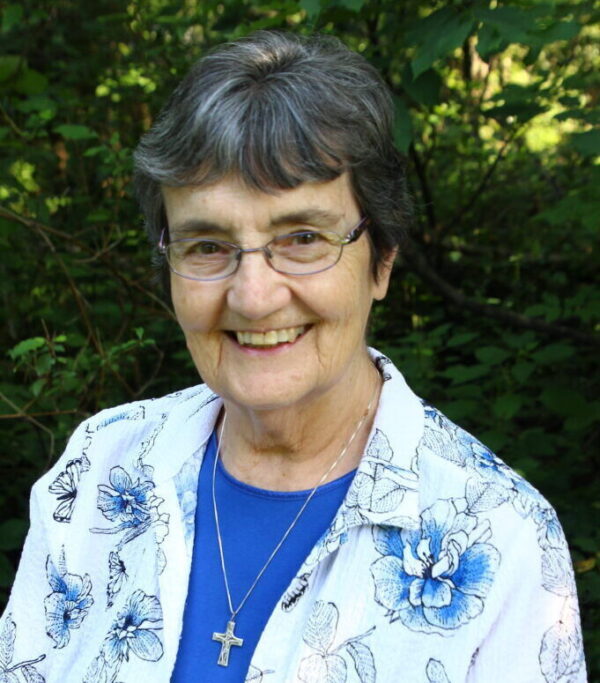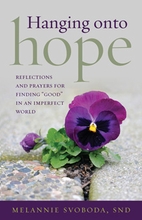Recently I read an article entitled “One of Us” in the December 2020 issue of U.S. Catholic. The author, Father Bryan Massingale, tells of a homily he once gave for the feast of Epiphany. In it he suggested that the magi’s gifts of gold, frankincense, and myrrh were not very practical. Maybe they should have brought baby formula, warm clothes, and diapers.

Two parishioners were visibly upset by his homily. Afterwards, one angrily said to him, “Baby Jesus didn’t need diapers!” Father Massingale says that perhaps the two parishioners’ reaction was a manifestation of one of the oldest and persistent heresies in the church: Docetism. This is the heresy that says Jesus was only divine. He was not really human, but only seemed to be human. This heresy, he says, stems from the “deep ambivalence, discomfort, and even embarrassment with the conviction that God has a human body and that human drives, desires, functions, and needs are the place of divine revelation and encounter.” (Italics are mine.)
What does it mean to say that Jesus had a real body? It means he ate, he pooped, he slept, he cried, he grew, he walked, he talked, he laughed, he sweat, he had sexual drives, he got tired, he needed human touch, he formed relationships with others, he experienced fear, he got angry.

Throughout its history, Christianity has treated the body “more as a problem than a resource for holiness.” Father cites our over-emphasis on the soul as well as our “profound suspicion and unease regarding human sexuality.” Yet, what we celebrate during Advent and Christmas is this: “God’s entrance into human history, into our life, into our very bodies.” Therefore, Father writes, how we treat the body–our own as well as that of others—is of “supreme religious importance.”
I am suggesting that this Advent we might want to pay more attention to our body—and the way we treat “it.” This begins by becoming more aware of our body throughout the day. Do we listen to its calls for rest, for healthy nourishment, for a more humane tempo, for quiet, for solitude, for companionship, for simple little pleasures? We can begin showing our love for our body by doing things such as these: getting enough sleep, giving or receiving a tender touch, eating our food more slowly and thoughtfully, driving less frantically, pausing for a hot cup of tea, stopping to gaze out a window, massaging our sore muscles, soaking our aching feet, smelling our shower gel, listening to our favorite kind of music.
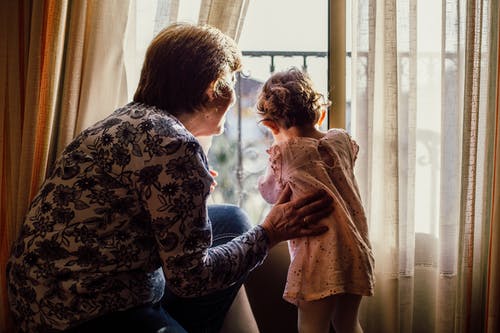
Our body is holy. So too are the bodies of others. This belief gives rise to religious imperatives such as these: feed the hungry, clothe the naked, shelter the homeless, welcome the migrant, care for the sick, visit the imprisoned. To what extent have we incorporated these imperatives into our daily life? Who needs to be fed with food in my area, and who needs to be fed with my kind words? Who is imprisoned behind bars, and who is imprisoned by ignorance, illness, and fears that I might ease? How might I clothe someone in actual clothes and clothe them in dignity and respect by the way I relate to them? How might I be open to those who differ from me in age, gender, color of skin, attire, religion, sexual orientation, political leanings?
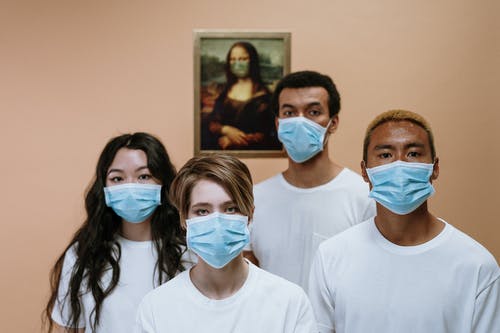
We are living during a pandemic. We have been strongly encouraged to wear masks, socially distance ourselves, wash our hands frequently, and refrain from gathering in groups larger than 10. For many of us, these simple directives can be very real “penances.” But, this Advent, let us also see them as expressions of our love and reverence for our own body and the bodies of others.
Try to be more aware of your body for a few days… what did you notice when you tried to do this?… How might you treat your body in a more mindful and loving way?
How do you try to live the religious imperatives spoken about in the second last paragraph?
What lessons has this pandemic taught you about your own body and the bodies of others?
I wish each one of you a very blessed Advent!
PS: Speaking of Advent, I am giving a virtual Advent retreat day, Dec. 12, from 9:30 am to 4:00 pm (Eastern time). It is entitled “Unwrapping the Gifts of Advent: Peace, Courage, Beauty, and Hope” and is sponsored by the St. Francis Center for Renewal in Bethlehem, PA. I’d love to see you then! Check their website for details: www.stfrancisctr.org.
I chose a lovely instrumental version of the Advent Hymn, “O Come, O Come Emmanuel” by the Piano Guys. The visuals are from the movie, “The Nativity Story.” The visuals emphasize the humanity not only of Jesus, but of Mary, Joseph, and the other familiar individuals in the Christmas story.
I invite you to respond below… if the problem with my blog has been fixed by the time this reflection is posted.

